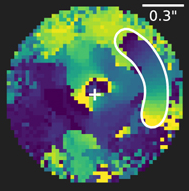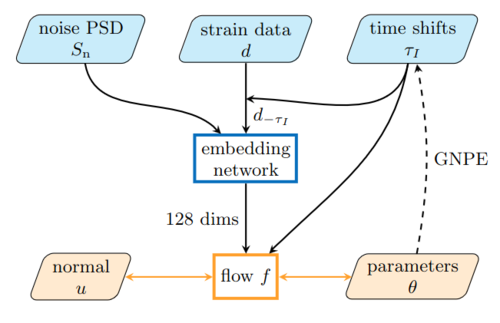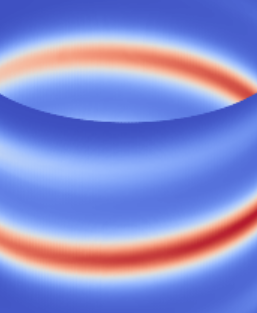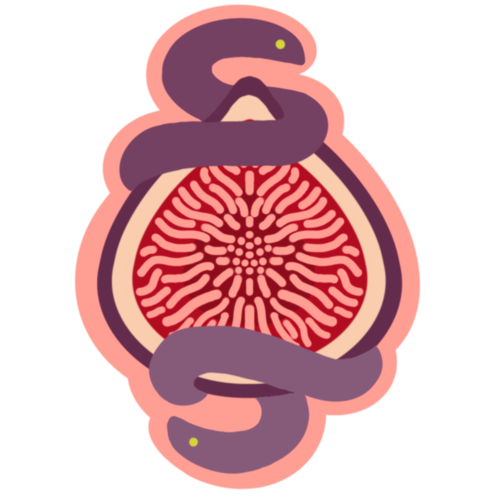Code and Data
OpenPhd Guiding
2017-08-01
Algorithm using a learned motion correction based on a Gaussian Process to produce better images from a telescope.
c++ boost cmake
Distributed brain-computer interface
2017-02-20
A brain-computer interface (BCI) to assist and interpret thoughts from patients suffering diseases such as amyotrophic lateral sclerosis. This monitoring tool is especially suited for research and for reaching patients living in remote locations.
https://is.mpg.de/person/mhohmann
c++ qt mqtt
Half-Sibling Regression for High-Contrast Imaging
Methods for applying a post-processing scheme based on Half-Sibling Regression (HSR) to High-Contrast Imaging (HCI) data
Dingo (Deep Inference for Gravitational-wave Observations)
Dingo (Deep Inference for Gravitational-wave Observations) is a Python program for analyzing gravitational wave data using neural posterior estimation. It dramatically speeds up inference of astrophysical source parameters from data measured at gravitational-wave observatories. Dingo aims to enable the routine use of the most advanced theoretical models in analysing data, to make rapid predictions for multi-messenger counterparts, and to do so in the context of sensitive detectors with high event rates.
normflows: A PyTorch Package for Normalizing Flows
normflows is a PyTorch implementation of discrete normalizing flows. Many popular flow architectures are implemented. The package can be easily installed via pip. The basic usage is described here, and a full documentation is available as well. A more detailed description of this package is given in out accompanying paper.
The o80 C++ templated toolbox for robotics
o80 (pronounced "oh-eighty") is software for synchronizing and organizing message exchange between (realtime) processes via simple customized Python APIs. Its target domain is robotics and machine learning. Our motivation for developing o80 is to ease the setup of robotics experiments (i.e., integration of various hardware and software) by machine learning scientists. Such setup typically requires time and technical effort, especially when realtime processes are involved. Ideally, scientists should have access to a simple Python API that hides the lower level communication details and simply allows the sending of actions and receiving of observations. o80 is a tool box for creating such API.
https://joss.theoj.org/papers/10.21105/joss.02752
https://github.com/intelligent-soft-robots/o80
Omni-Fig: Unleashing Project Configuration and Organization in Python
omni-fig is a lightweight package to help you organize your python projects to make everything clear and easy to understand to collaborators and prospective users, while also offering unparalleled features to accelerate development. The proposed general-purpose project structure is well suited for both small and large projects, and is designed to be easily extensible to fit your needs. Most importantly, with the powerful configuration system, you never have to worry about any boilerplate code to parse command line arguments, read config files, or even import the top-level project components ever again!
AutoML Two-Sample Test
autotst is a Python package for easy-to-use two-sample testing and distribution shift detection.
https://arxiv.org/abs/2206.08843
https://github.com/jmkuebler/auto-tst








